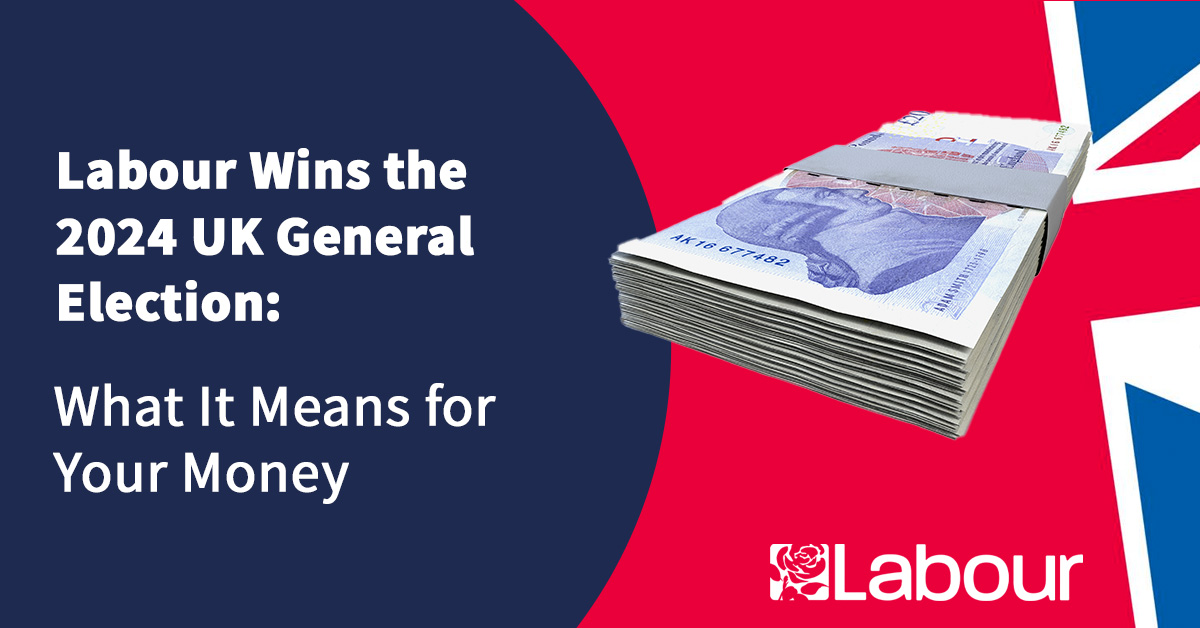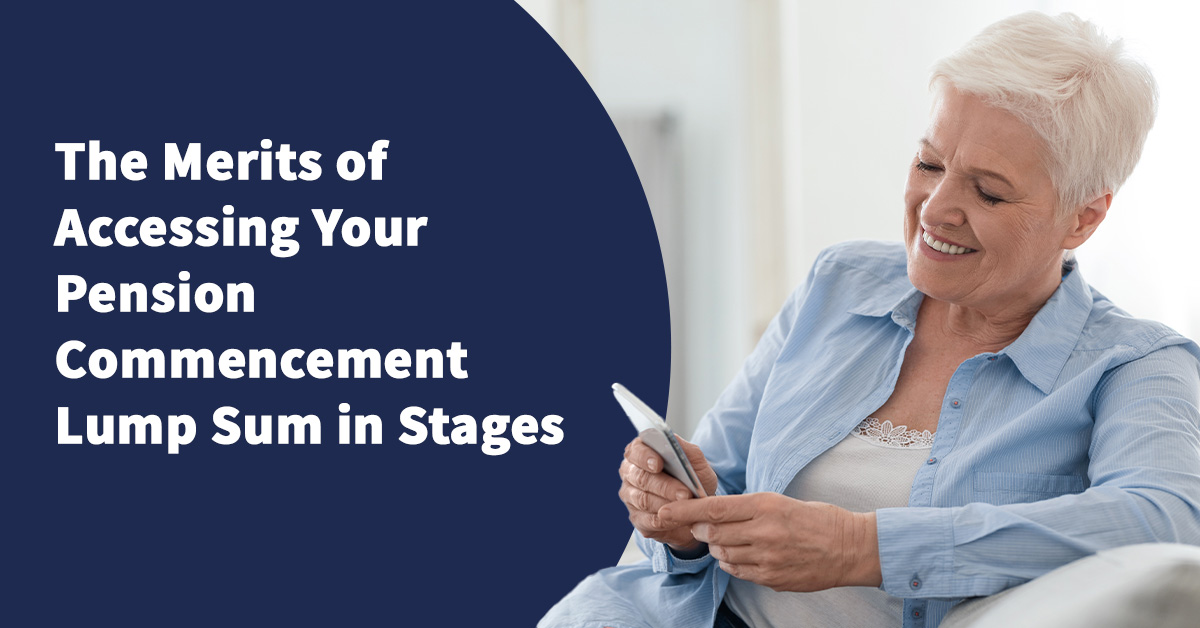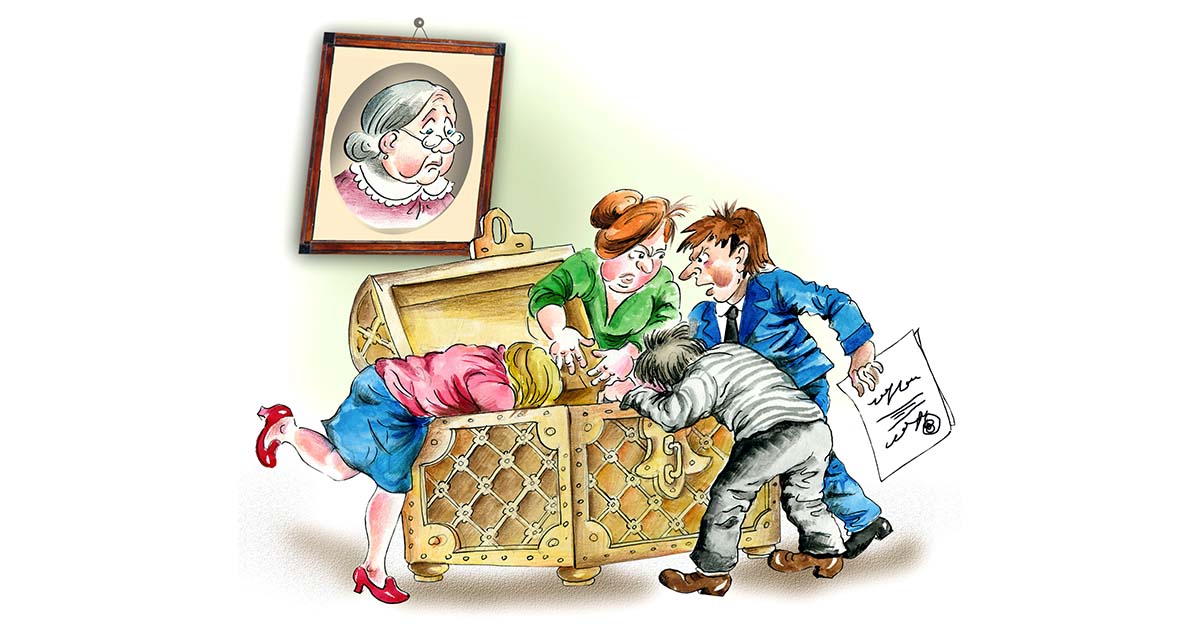When writing your will, you ought to take inheritance tax into consideration, before deciding how to divide your assets.
Once your funeral bills and outstanding debts have all been settled, the remaining part of your estate (if over the threshold) will be subject to inheritance tax. This will include any savings, property, possessions and money that you intend to leave to your loved ones.
As of writing (Nov 2021) The first £325,000 of your estate is tax-free. You then also have your Residence nil-rate band, which allows you a further £175,000 tax free, as long as it is left to your children or grandchildren. The residence nil-rate band is limited to one residential property. It will be down to the personal representatives to nominate which property should qualify if there’s more than one in the estate. Bear in mind that a property which was never a residence of the deceased, such as buy-to-lets, can’t be nominated.
After this, HMRC can tax up to 40% of the remaining estate. There is no IHT between spouses, so If there are any thresholds that have not been fully used when the first person in a marriage or civil partnership dies, the unused part can go to the surviving husband, wife or civil partner when they die. This means that the basic tax-free threshold available when a wife, husband or civil partner dies can be as much as £650,000 if none of the £325,000 threshold was used when the first of the couple died. The percentage of the threshold that was not used when the first partner died increases the basic threshold that’s available to their estate .
A word of caution for UK expats, despite no longer living within the UK, you will still be liable for UK inheritance tax. This is because despite not being resident, you are still considered to be domiciled in your home country. While it is possible to prove that you had no intention of ever returning to the UK, unless you change your domicile, you cannot escape IHT.
When a UK domiciliary dies, his or her estate is subject to IHT on a worldwide basis. So also beware if you own property abroad for example. IHT applies at 40% to assets both within and outside the UK,
If your domicile is not the UK, Inheritance Tax is only paid on your UK situs assets, for example property, or bank accounts you have situated in the UK. It’s not paid on ‘excluded assets’ like: foreign currency accounts.
How Can I Reduce my Inheritance Tax Bill?
Thankfully, there are some things you can do to reduce your tax burden:
Write a Will/Lasting Power of Attorney
A Last Will and Testament is a legal document that lets you decide what happens with your estate after you die.
When you die without a Will (Intestate) you leave important decisions up to the courts. You won’t have a say in who receives your property and other assets. Plus, not having a will can make it more difficult for your loved ones after you pass and makes the probate process far longer. You might also like to appoint a trusted Lasting Power of Attorney, so that you have a spokesperson in your later years and after you have died, ensuring that your estate is split up in the right way.
Use Gifts
You can give away a total of £3,000 worth of gifts each tax year without them being added to the value of your estate. This is known as your ‘annual exemption’. You can give gifts or money up to £3,000 to one person or split the £3,000 between several people. This is one way of reducing the value of your estate over time.
You also have a small gift allowance of up to £250 in each tax year for small gifts which are exempt from inheritance tax. These can be gifts for as many people as you like, and they can be in the form of money or personal possessions. Using this gift allowance allows your friends and family to enjoy this benefit while you are still alive, while slowly reducing your estate.
Use a Trust
If you put your estate or part of your estate into a trust before you die, these assets will be considered to belong to the trust, and will not, therefore, count towards your inheritance tax burden. They can be expensive to set up but will save money for your beneficiaries.
The type of trust you should use will very much depend on your requirements. Such as the need to still have access to funds while you are alive. It is a good idea to include any life insurance in a trust too. By placing your life insurance policy into trust, you not only avoid your beneficiaries paying IHT but the sum assured can be paid straight away, without having to go through the probate process.
Utilise your pension
Pensions are free from IHT. Your defined contribution pension is not subject to inheritance tax rules, so if you have other assets that can be used for your day-to-day living, your pension can be saved for those you leave behind. There are certain rules around this, however. If you die before you are 75, the pension is tax-free. If you are 76 or older, it will be subject to income tax at the recipients’ marginal rate.
Cashflow planning can be a useful tool here. Cashflow planning can help to provide a framework that enables the most effective and efficient use of pension and investment income. So if you have other capital available and for inheritance tax mitigation purposes, it makes sense to use up your other assets first.
Philanthropy
Whether you simply want to leave a gift to your favourite charity, or you want to set up a whole new charity in your name, this donation will not be subject to inheritance tax. If you leave more than 10% of your estate to philanthropic causes, you can reduce the rate of inheritance tax on the remaining assets.

The Story of Carol and Chris
Finally able to enjoy their retirement, Carol and Chris didn’t want to worry about taxes that might affect their loved ones after they die. By making a few smart choices, they were able to reduce their burden by £250,000!
They were lucky enough to have both their state and final salary pensions and had an estate made up of defined contribution pensions, a family home and a holiday home. They also had various stocks and shares, an ISA and investment bonds. Altogether, these assets made up an estate of around £3m.
The very first thing they did was to place their assets into a trust. This kept them safe from potential inheritance tax demands. The pensions were free from IHT but they made sure to complete beneficiary nomination forms. Finally, they made use of allowances that enabled them to gift to loved ones, so they could enjoy their inheritance while Carol and Chris were still alive.
The usual standard reliefs were available plus the residential nil rate band as the family home was left to direct descendants (the children). The trust they set up reduced their tax burden by £230,000. The gift allowances over time brought that total to £250,000.
These tips and tricks are all great ways to increase the efficiency of your estate after your death, but it can get complicated quickly
If you need help with ensuring your loved ones are looked after, please get in touch.
Find out how we can help you
If you would like to understand more about this topic get in touch
Related posts
 Published On: October 16, 2024|4.9 min read|
Published On: October 16, 2024|4.9 min read|Pensions planning as an expat – Is a QROPS still the right move?
More and more people are relocating for work or retirement. As a result, individuals moving overseas often prefer to transfer their UK pension benefits rather than leaving them in the UK. Likewise, those moving to the UK might want to bring their overseas pension benefits with them. Understanding the impact of such transfers is crucial.
Read more
 Published On: July 12, 2024|1.9 min read|
Published On: July 12, 2024|1.9 min read|Labour Wins the 2024 UK General Election: What It Means for Your Money
The market response to Labour winning the election was pretty calm, with minimal financial market ripples. The lack of movement was unsurprising given the overall result had already been priced in.
Read more
 Published On: July 10, 2024|3.2 min read|
Published On: July 10, 2024|3.2 min read|The Merits of Accessing Your Pension Commencement Lump Sum in Stages
As you approach retirement, one of the significant decisions you'll face is how to access your pension commencement lump sum (PCLS). While it might be tempting to take the entire amount in one go, there are several benefits to accessing your PCLS in stages.
Read more









